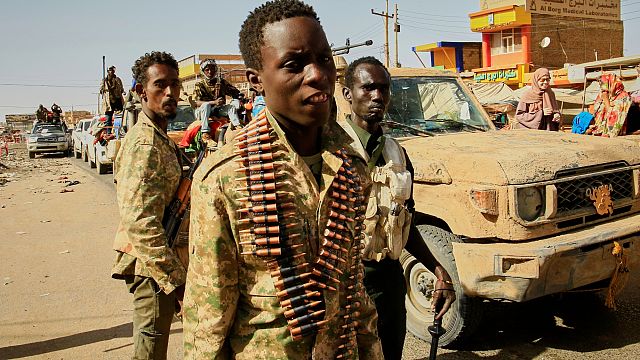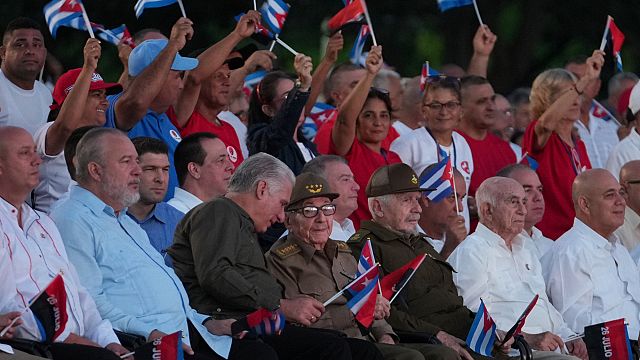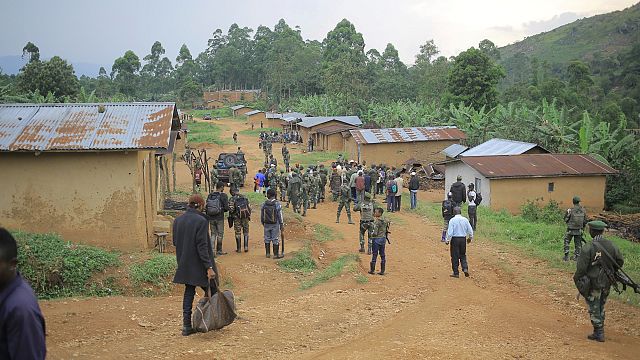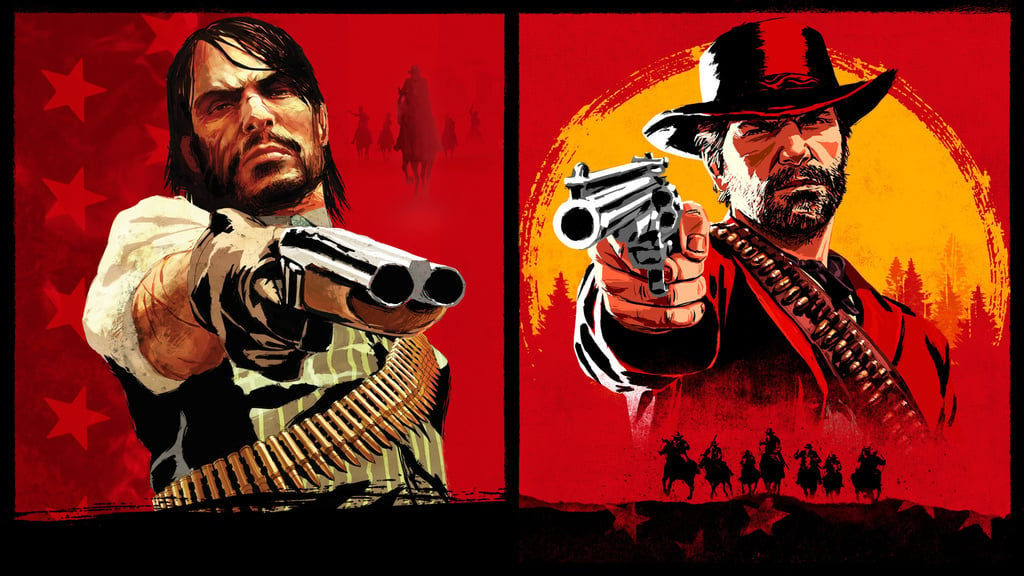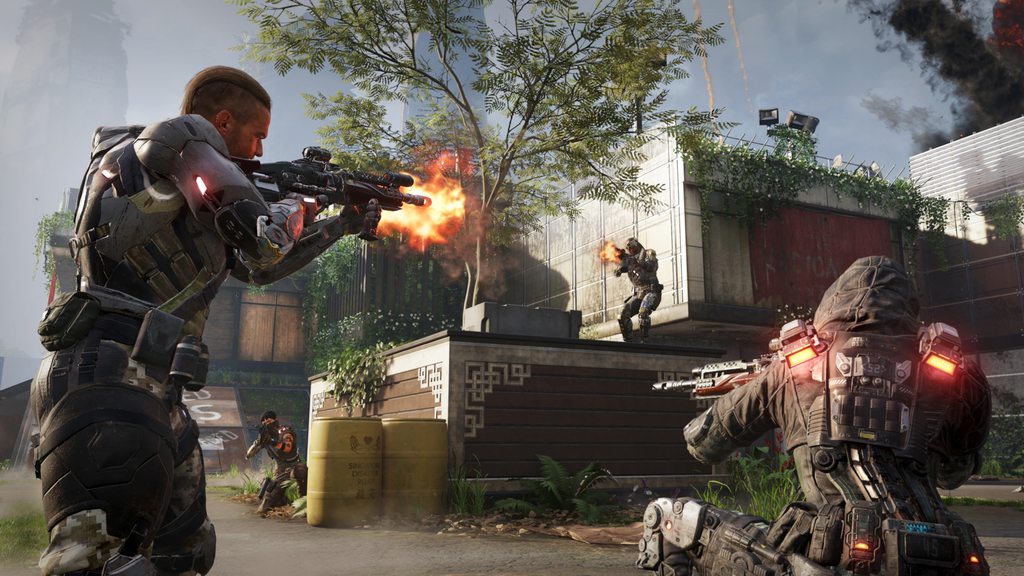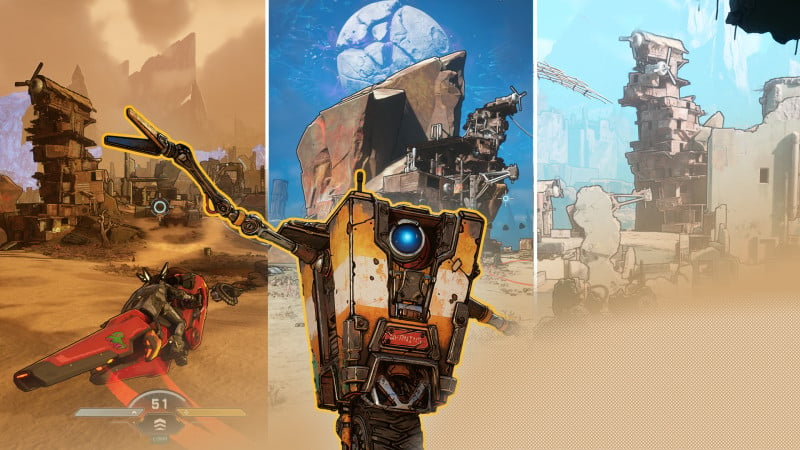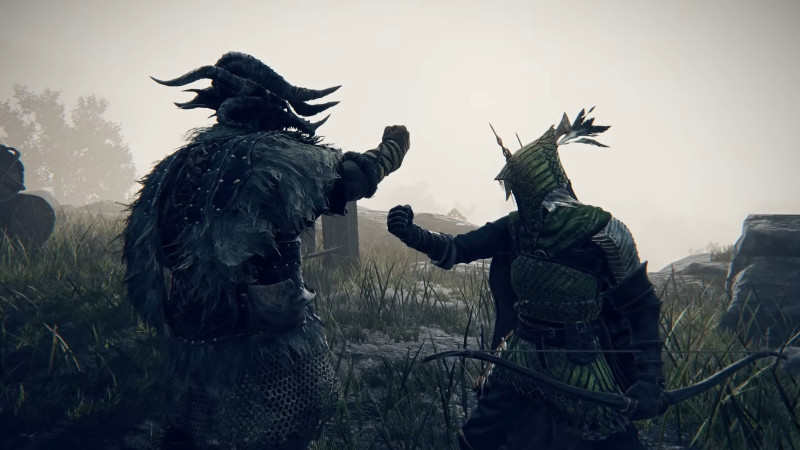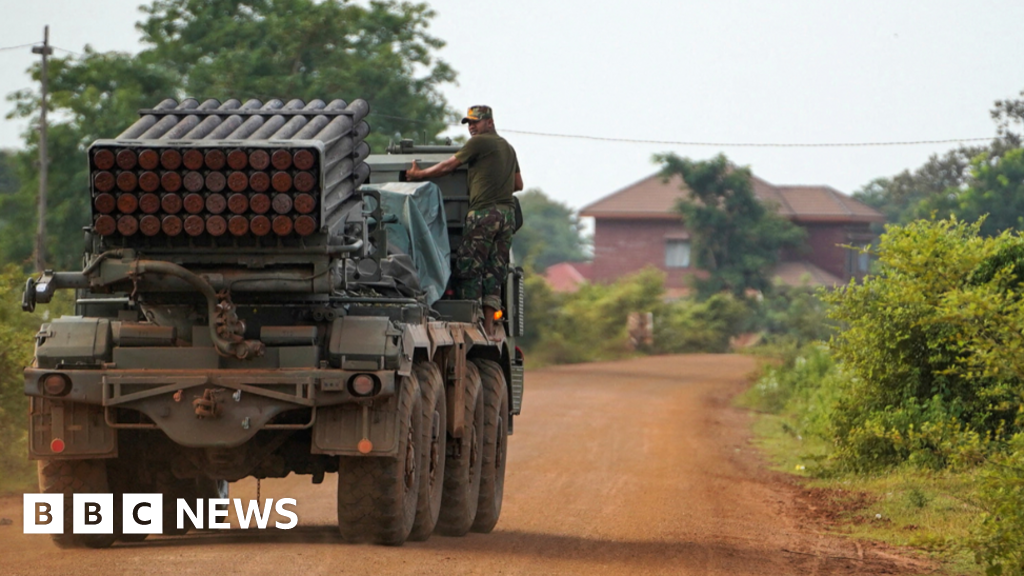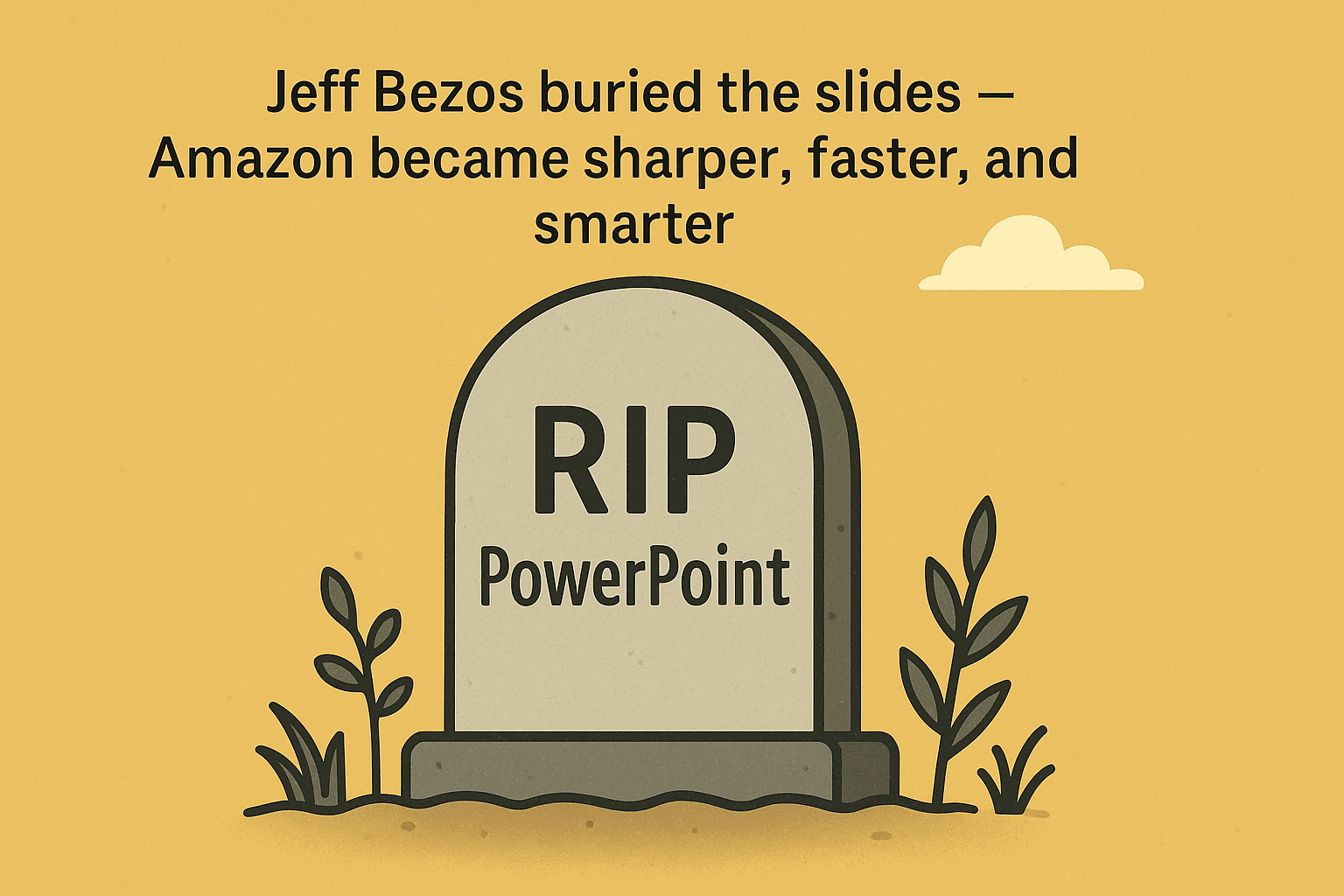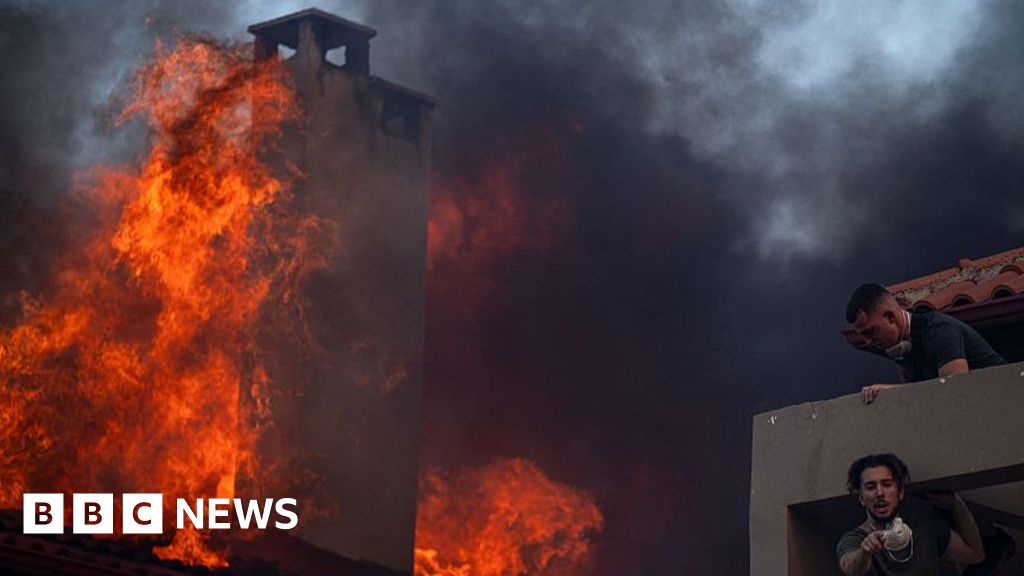'We need a real solution': Gazans welcome aid plan but fear it will not end crisis
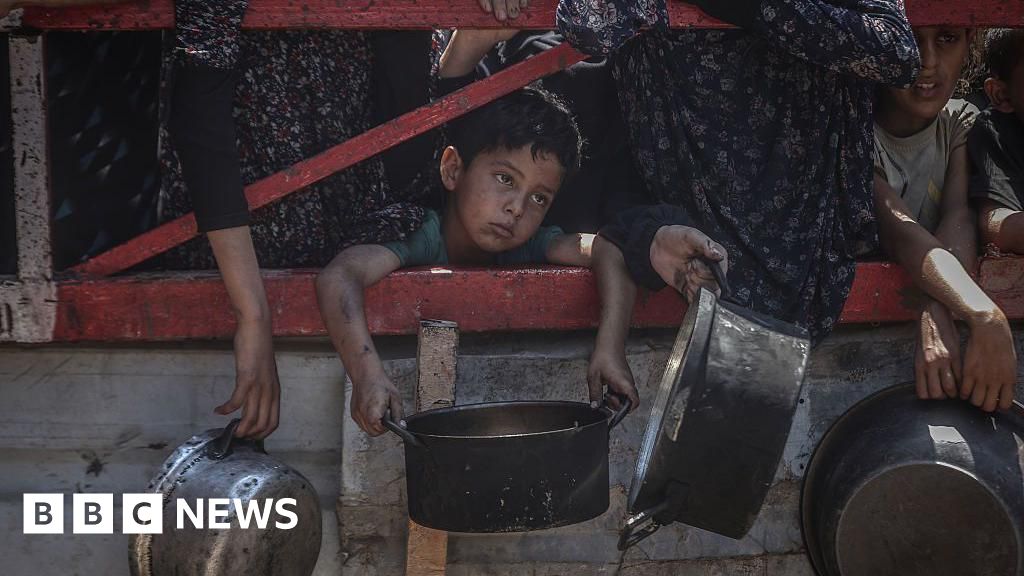
'We need a real solution': Gazans welcome aid plan but fear it will not end crisis
Rushdi AbualoufGaza correspondent, reporting from Istanbul
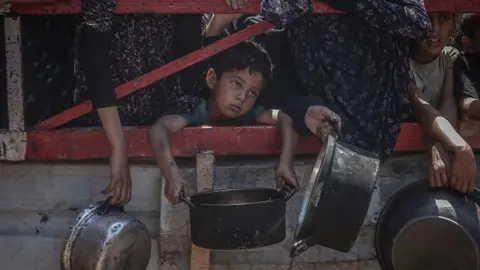 Getty Images
Getty ImagesResidents of Gaza have cautiously welcomed reports of a temporary humanitarian pause to allow aid into the besieged enclave, but many say the relief must be the beginning of a broader, lasting solution to the deepening crisis.
Israel's military said it will open humanitarian corridors to allow convoys of food and medicine to enter, after warnings of starvation and weeks of international pressure.
For months, Gaza's population of more than two million has faced extreme shortages of food, clean water, and basic medical supplies as bombardment and border closures have brought daily life to a standstill.
"Of course I feel a bit of hope again, but also worried that starvation would continue once the pause is over," said Rasha Al-Sheikh Khalil, a 39-year-old mother-of-four in Gaza City.
She added: "One convoy of aid or a few air drop packages won't be enough. We need a real solution, an end to this nightmare, an end to the war."
Israel's announcement on Sunday came after it said it made an airdrop of aid into Gaza of "seven packages of aid containing flour, sugar and canned food".
Jordan and the UAE also say they have a plan, backed by the UK, to drop aid into the territory, but aid agencies have said such moves would do little to mitigate the hunger of Gazans.
"This isn't just about quantity of food, it's about quality," said Neveen Saleh, a mother-of-six.
"We haven't eaten a single fresh fruit or vegetable in four months. There's no chicken, no meat, no eggs. All we have are canned foods that are often expired and flour."
The Hamas-run health ministry said dozens of people were dying from malnutrition. On Saturday it put the toll from the last few days at 125, including 85 children.
Israel denied what it called "the false claim of deliberate starvation" in Gaza.
Medical experts in Gaza say malnutrition is becoming widespread, especially among children and those with specific dietary needs.
One of the most affected groups are those with gluten intolerance, who are unable to consume wheat-based products like bread, which now make up the bulk of available food.
"My wife and one of my five children have celiac disease," said Rami Taha who lives in central Gaza.
"Before the war, I used to buy them gluten-free products. Now, there is nothing. I have to take them to the hospital every few days just to get IV fluids."

 AFP via Getty Images
AFP via Getty ImagesThere have been reports on Sunday of aid lorries entering the strip. The UN and other aid organisations have called for the unrestricted entry and delivery of aid.
Many Gazans say they worry that international attention will fade once a few symbolic aid deliveries are made.
"This is not a permanent solution, it's like giving painkillers to a cancer patient without treating them," said Ahmad Taha, a shopkeeper in northern Gaza.
As efforts to revive broader ceasefire seems faltering, the people of Gaza remain trapped between hope and despair - thankful for any aid, but yearning for a lasting peace.
Israel launched a war in Gaza in response to the Hamas-led attack on southern Israel on 7 October 2023, in which about 1,200 people were killed and 251 others were taken hostage.
More than 59,000 people have been killed in Gaza since then, according to the Hamas-run health ministry.
What's Your Reaction?
 Like
0
Like
0
 Dislike
0
Dislike
0
 Love
0
Love
0
 Funny
0
Funny
0
 Angry
0
Angry
0
 Sad
0
Sad
0
 Wow
0
Wow
0




